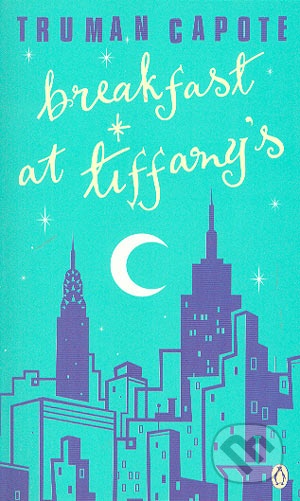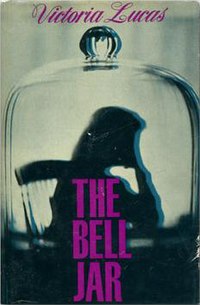 I powered through
Mark Z. Danielewski's House of Leaves (#67), partly because I was engrossed in it, and partly because it kept scaring me into wanting to finish it faster. It's funny, that only happened in the end though, because at first I was ambling through it rather slowly, only allowing myself to read it a chapter at a time, during daylight.
I powered through
Mark Z. Danielewski's House of Leaves (#67), partly because I was engrossed in it, and partly because it kept scaring me into wanting to finish it faster. It's funny, that only happened in the end though, because at first I was ambling through it rather slowly, only allowing myself to read it a chapter at a time, during daylight.The book was strenuous. So much work moving between two narratives, and reading notes, etc etc. It's wonderful though, the effort you have to put into it. It's very rare to see a book that so artfully and successfully reflects ("Echoes" <3) the themes that it relates. The same too, for how it referenced itself in impossible ways (what was the House of Leaves that was in Navidson's possession when he was freezing in the abyss? - it couldn't possibly have been Zampano's edition...). But that's the art of it I guess.
I read a review on Amazon for this book by someone saying that after they had finished reading, they realized that the book is more of a love story than a horror genre. The "end" was very pretty, and I agree with this idea, and am glad for it. Throughout the entire book, Danielewski's strengths in balancing thrill with comic relief and pleasantly soft imagery were a welcome aspect that kept a perfect mixture of safety and edge for the reader. A quote from the novel most accurately describes itself: "...it was full of unheimliche vorklänger [ghostly anticipation]".
One complaint, is that though necessary, I found myself more than once annoyed with Johnny's interruptions. I was far more interested in Navidson's story...but that is more than likely my preference in style. The appendixes at the end also, seemed unnecessary. I thought it would have been much better of an effect had they been weaved into the story rather than tacked onto the end, or had been omitted altogether. I liked the ring of the last few words of the Navidson story, and would have preferred them to had been allowed to ring on their own, hanging in the air of a finished book.


